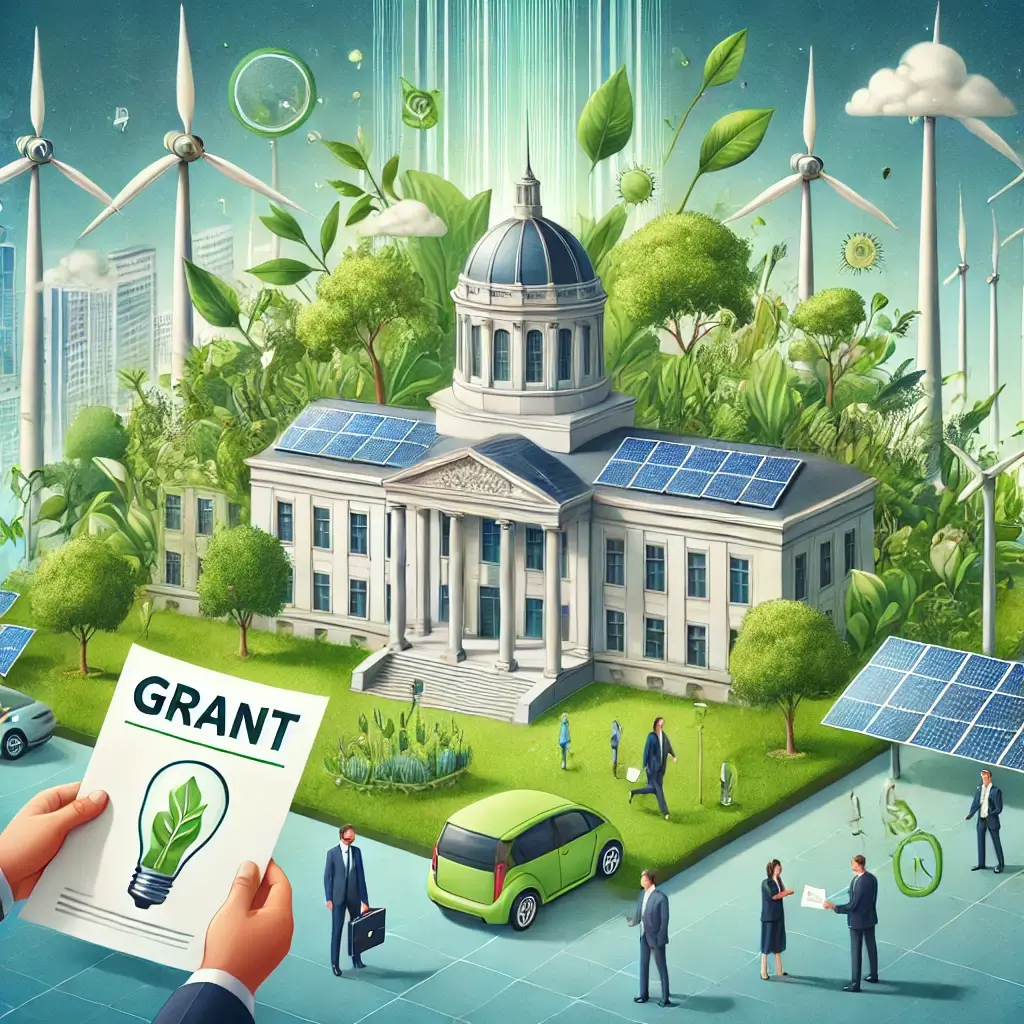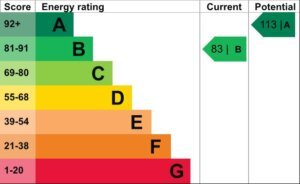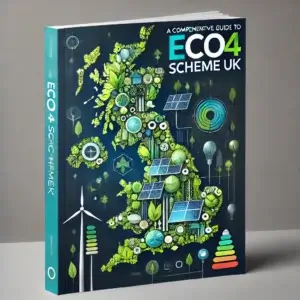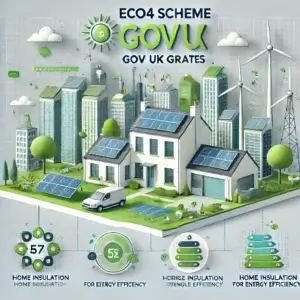Transitioning to sustainable energy solutions is crucial for our planet’s future, and governments worldwide are stepping up to offer financial incentives to encourage eco-friendly initiatives. These government eco-energy grants are pivotal in promoting energy efficiency, renewable energy adoption, and environmental conservation. Below, we provide an in-depth guide to these grants, including eligibility, benefits, and the application process.
What Are Government Eco-Energy Grants?
Government eco-energy grants are financial aid programs designed to support individuals, businesses, and organizations in adopting environmentally friendly energy solutions. These grants typically fund projects that reduce greenhouse gas emissions, enhance energy efficiency, or utilize renewable energy sources like solar, wind, and geothermal power.
Why Eco-Energy Grants Matter
Promoting Renewable Energy
Eco-energy grants make renewable energy sources more accessible to homeowners and businesses by subsidizing the high upfront costs of installation. government eco-energy grants
Reducing Carbon Footprint
By facilitating the shift to sustainable energy solutions, these grants contribute to significant reductions in carbon emissions, aligning with global climate goals.
Boosting Economic Growth
Eco-energy initiatives often stimulate local economies by creating jobs in manufacturing, installation, and maintenance of renewable energy systems.
Eligibility for Eco-Energy Grants
Homeowners
Homeowners interested in installing energy-efficient appliances or renewable energy systems, such as solar panels, are often eligible for these grants.
Businesses
Small and medium-sized enterprises (SMEs) can apply for grants to upgrade their facilities with energy-efficient lighting, HVAC systems, and renewable energy installations.
Non-Profit Organizations
Non-profits focused on environmental conservation and community development projects may qualify for specialized grants to implement sustainable energy practices.
Special Criteria
Eligibility often depends on the applicant’s location, type of project, and compliance with specific energy efficiency standards. Reviewing the grant’s requirements is essential before applying.
Types of Government Eco-Energy Grants
Renewable Energy Grants
These grants fund the installation of renewable energy systems, including:
- Solar panels
- Wind turbines
- Geothermal heating systems
Energy Efficiency Grants
These grants support projects aimed at reducing energy consumption through initiatives such as:
- Upgrading insulation and windows
- Installing energy-efficient appliances
- Implementing smart energy management systems
Research and Development (R&D) Grants
Designed for innovative projects, R&D grants encourage advancements in eco-energy technologies.
How to Apply for an Eco-Energy Grant
Step 1: Research Available Grants
Start by exploring government websites, energy agencies, and local councils to identify relevant grants. Key resources include:
- The U.S. Department of Energy (DOE)
- The UK’s Energy Saving Trust
- European Union energy programs
Step 2: Understand Eligibility Criteria
Carefully review each grant’s guidelines to ensure your project meets the requirements.
Step 3: Prepare a Comprehensive Proposal
Include the following in your proposal:
- A detailed description of your project
- Estimated costs and funding required
- Expected energy savings or environmental benefits
Step 4: Submit Your Application
Submit your application through the designated portal or via email, ensuring all required documents are included.
Step 5: Follow Up
After submission, stay in contact with the grant provider for updates on your application’s status.
Maximizing the Benefits of Eco-Energy Grants
Combine Grants with Tax Incentives
Many governments offer tax credits or rebates in addition to grants, providing further financial relief.
Engage Certified Contractors
Using certified professionals ensures your project meets the technical standards required by grant programs.
Monitor and Report Outcomes
Grant providers often require progress reports to ensure compliance and measure the impact of funded projects. Regular monitoring can also help optimize energy savings.
Common Challenges and Solutions
Lengthy Application Processes
Solution: Start early and seek assistance from experts or consultants familiar with grant applications.
Competitive Funding
Solution: Strengthen your proposal by emphasizing unique benefits and showcasing measurable outcomes.
Compliance Issues
Solution: Ensure adherence to all guidelines and work with reputable vendors who understand grant requirements.
Success Stories: Real-World Impact of Eco-Energy Grants
Residential Solar Installations
In California, homeowners leveraged the state’s solar incentives to reduce energy bills significantly, while also contributing to a greener grid.
Small Business Upgrades
A bakery in New York installed energy-efficient ovens with the help of grants, reducing energy consumption by 30%.
Community Projects
A rural village in Kenya used government grants to install solar-powered water pumps, providing clean water and electricity to hundreds of residents.
Conclusion
Government eco-energy grants offer a powerful tool for driving the adoption of sustainable energy practices. By reducing financial barriers, these grants empower individuals and organizations to make environmentally responsible choices that benefit both the planet and the economy. eco energy scheme





